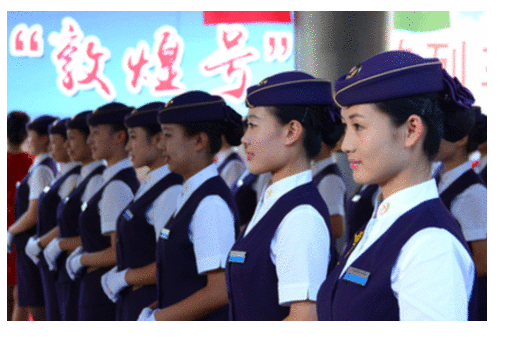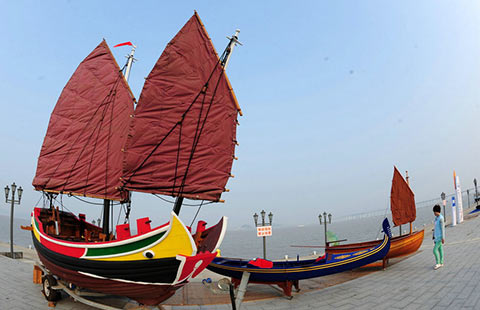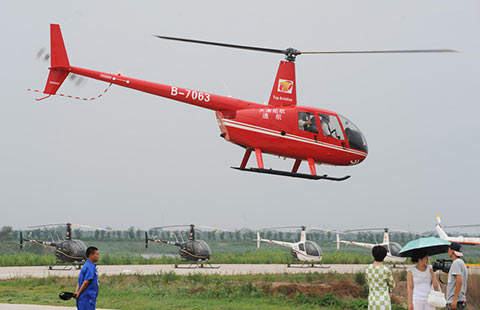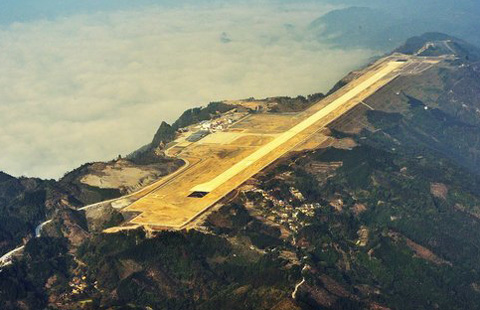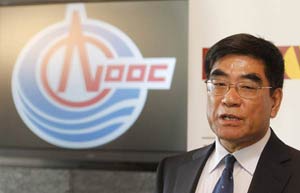A jewel in Suzhou's crown
By Hu Haiyan, Song Wenwei and Zhou Furong (China Daily) Updated: 2014-07-14 07:02Higer Bus employs more than 6,000 people, of whom more than 1,100 are professionals and technicians, and it makes 35,000 large and medium-sized buses and coaches and chassis a year.
In addition to the factory that makes buses, the company has a post-doctoral research center, Jiangsu's provincial enterprise technology center, and a new express bus and coach R&D center.
But even as Suzhou enjoys the accolades and celebrates its success, some warn that it cannot rest on its laurels.
|
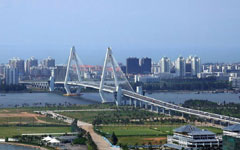 |
|
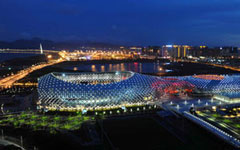 |
"China as a whole is facing the challenge of transformation from 'made in China' to 'created in China'. Many industrial parks that developed by attracting labor-intensive industries need to attract more high-tech, low-polluting industries to upgrade themselves."
Yang Zhiping says that the park has indeed been making efforts to upgrade.
"The park aims to become a world standard for high-tech industrial parks and a modern and eco-balanced new type of city. We have begun to attract many service industries including finance companies, insurance companies and other services such as tourism. About 40 percent of GDP in the park now comes from the services industry. But manufacturing is still very important in the park. Still, we also have to move low value-added and polluting industries out. The park has been very selective in introducing new companies, and only those with a good reputation or high output are welcome."
Companies that have moved out of the park can figure out a way to develop more eco-friendly and value-added industries and can move back if they succeed in doing, he says.
"We have also been trying to establish more research and development centers so as to produce high value-added goods."
The park has built close ties with many domestic R&D institutions and universities, including the Chinese Academy of Sciences, Xi'an Jiaotong University and Nanjing University to develop centers of new technologies such as nanotechnology and biomedicine.
